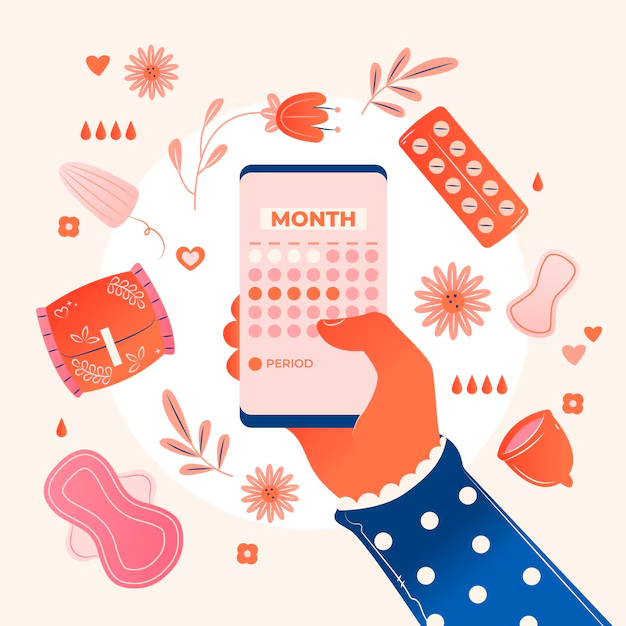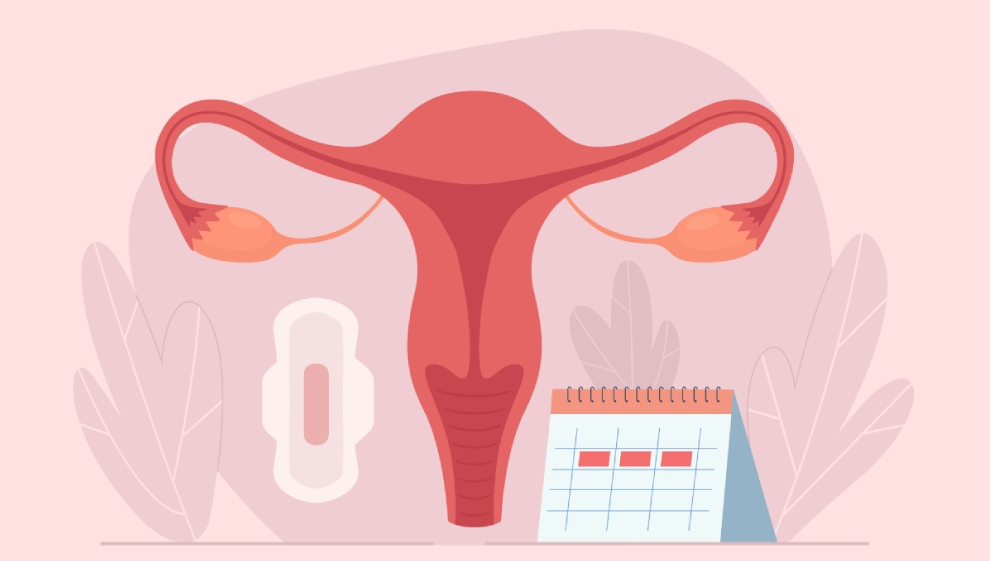Conception-Friendly Lifestyle Tracker: Daily Habits That Boost Fertility
Category: Symptom & Health Monitoring | Goal Type: LifestyleForConception
Designed for HealthTrack/Daisycle users
Preparing for pregnancy starts long before a positive test. A conception-friendly lifestyle focuses on daily choices—sleep, stress, nutrition, movement, and timing—that support healthy ovulation, quality sperm, and a balanced hormonal cycle. This guide shows what to track in the app, how to interpret patterns, and when to seek medical advice.
What to Track for Conception
- Cycle days & flow: Identify cycle length, variability, and period health.
- Ovulation signs: Cervical mucus (egg-white), basal body temperature (BBT) rise, and LH test surges.
- Lifestyle inputs: Sleep (7–9 h), stress level, hydration, caffeine, alcohol, and nicotine exposure.
- Nutrition: Folate/folic acid intake, iron, iodine, vitamin D, omega-3, and plant-forward meals.
- Movement: 150+ minutes/week of moderate activity plus 2 days of strength training (as tolerated).
- Partner factors: Sleep, heat exposure to testes, alcohol, tobacco, and exercise (affect sperm quality).
BBT, LH & Cervical Mucus: A Quick Primer
LH tests predict ovulation (surge ≈ 24–36 h before release). BBT confirms ovulation afterward (0.2–0.5°C rise sustained for 3+ days). Egg-white mucus signals highest fertility. Use HealthTrack to log all three—your fertile window is the two days before ovulation plus ovulation day.
Build Your Conception-Friendly Routine
- Morning: Take BBT before getting out of bed; hydrate; 10–20 min light movement or walk.
- Daytime: Prioritize balanced meals (whole grains, legumes, leafy greens, fruit, healthy fats); limit caffeine ≤200 mg/day.
- Evening: Stress downshift—breathing (4-6 breathing), journal, or 10 min mindfulness; screens off 60 min before bed.
- Sleep: Aim for 7–9 hours; consistent bedtime anchors hormones and improves ovulation quality.
- Substances: Avoid smoking/vaping; avoid alcohol when actively trying to conceive; discuss meds with your clinician.
Smart Supplements (Discuss with Your Clinician)
- Folic acid/folate: 400–800 μg daily starting ≥1 month before conception.
- Vitamin D: If low, replete per medical advice.
- Iodine & iron: Ensure adequate intake; test if symptoms or risk factors.
- Omega-3 (DHA/EPA): Supports general reproductive health; food-first from fish/plant sources.
Environmental & Partner Considerations
- Minimize high heat to the groin (saunas, hot tubs, tight laptops on lap) for the partner.
- Reduce exposure to solvents, pesticides, and heavy metals where possible; use protective gear at work.
- Keep a moderate training load—extremes in weight loss or endurance training can disrupt ovulation/sperm quality.
30-Day Conception Habit Plan
| Week | Main Focus | HealthTrack Logs |
|---|---|---|
| Week 1 | Baseline tracking, start folate, caffeine audit | Cycle day, flow, sleep, caffeine, mood |
| Week 2 | Introduce 30–45 min walks, add leafy greens & legumes | Steps/activity, meals, hydration |
| Week 3 | Fertile-window prep: LH testing + mucus notes | LH results, cervical mucus type, intercourse timing |
| Week 4 | Sleep optimization & stress tools | Bedtime consistency, stress level, BBT rise check |
When to Seek Professional Care
- Under 35 and trying for 12 months without success.
- Age 35+ and trying for 6 months without success.
- Very irregular or absent periods, severe cramps, pelvic pain, or known conditions (PCOS, endometriosis).
- History of miscarriages or prior pelvic infections.
FAQ
How often should we try during the fertile window?
Every 1–2 days in the two days before ovulation and on ovulation day balances timing and sperm quality.
Does coffee block conception?
Moderate intake (≤200 mg caffeine/day) is generally considered acceptable; track your response and cut back if sleep suffers.
Can stress alone prevent pregnancy?
Stress can disrupt sleep and hormones, indirectly affecting ovulation and libido. Use daily stress-reduction routines to help.
Key Takeaways
- Track cycle signs (LH, BBT, mucus) and align timing to the fertile window.
- Prioritize sleep, stress care, plant-forward nutrition, and substance avoidance.
- Start folate early; personalize supplements with your clinician.
- Evaluate sooner if cycles are irregular or if you meet the time-to-pregnancy thresholds.


